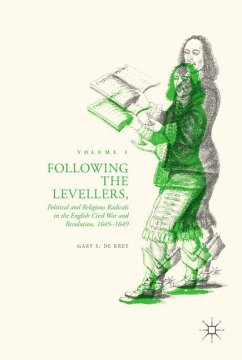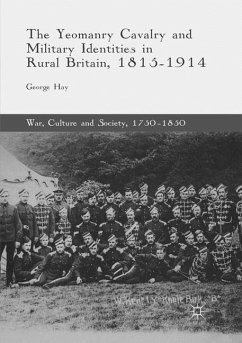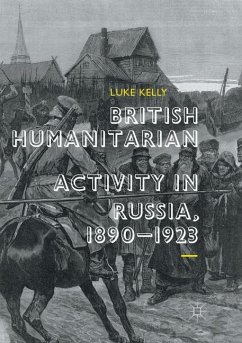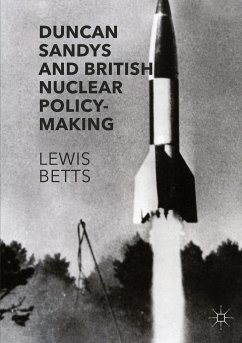
The British Commonwealth and Victory in the Second World War
Versandkostenfrei!
Versandfertig in 6-10 Tagen
68,99 €
inkl. MwSt.
Weitere Ausgaben:

PAYBACK Punkte
34 °P sammeln!
This book is the first comprehensive study of the British Commonwealth in the Second World War. Britain and its Dominions, Canada, Australia, New Zealand and South Africa, formed the most durable, cooperative and interchangeable alliance of the war. Iain E. Johnston-White looks in depth at how the Commonwealth war effort was financed, the training of airmen for the air war, the problems of seaborne supply and the battles fought in North Africa. Fully one third of the 'British' effort originated in the Dominions, a contribution that was only possible through the symbiotic relationship that Brit...
This book is the first comprehensive study of the British Commonwealth in the Second World War. Britain and its Dominions, Canada, Australia, New Zealand and South Africa, formed the most durable, cooperative and interchangeable alliance of the war. Iain E. Johnston-White looks in depth at how the Commonwealth war effort was financed, the training of airmen for the air war, the problems of seaborne supply and the battles fought in North Africa. Fully one third of the 'British' effort originated in the Dominions, a contribution that was only possible through the symbiotic relationship that Britain maintained with its former settler-colonies. This cooperation was based upon a mutual self-interest that was largely maintained throughout the war. In this book, Johnston-White offers a fundamental reorientation in our understanding of British grand strategy in the Second World War.














